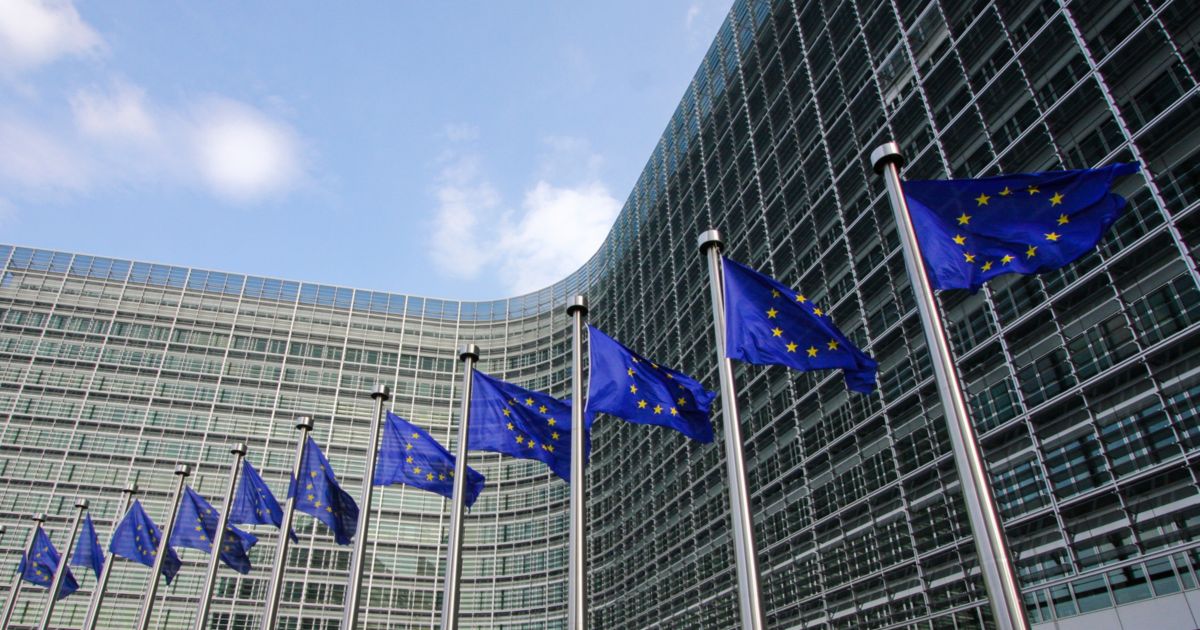When the rules are in effect, qualifying EU-established businesses that exercise an option not to register for VAT under the regime will not have a valid VAT ID to utilize in their commercial activities, even though they may still qualify as a “taxable person” (and thus “B2B customers”) under the EU VAT rules. It is expected that national thresholds will (gradually) increase and that more businesses will opt for VAT exempt sales under the mechanism. Pending further guidance from the EU on the implementation of the proposed changes to the regime, foreseeably, this would present far-reaching challenges for businesses dealing with small businesses.
Businesses locally purchasing goods and services from small businesses would no longer be charged VAT. This could result in systems flagging that the purchase invoices are incorrect. In addition, businesses would need to continuously review and update their vendor master data so that small vendors are still (and/or again) registered for VAT and that the vendor VAT IDs are still valid in order to avoid paying VAT that is not owed to such businesses. However, VAT paid in this situation may be unrecoverable, and seriously impede cash flow even if they are eventually recovered.
Businesses selling to new “small businesses” could see changes in the taxability of their transactions, especially if they are providing digital or intermediation services or selling cross-border goods. With respect to cross-border digital and certain intermediation services, nonresidents are liable to collect VAT if they are provided to a final customer (B2C customer). While small businesses in principle still qualify as B2B customers and such persons should be registered for VAT and self-assess the VAT, in practice they will often not register to fulfill their VAT obligations. Member states tax authorities could thus consider that such small businesses should be considered as B2C customers and therefore the non-resident services provider should be required to collect VAT. Although such position is debatable, in practice tax professionals see this position being taken now already.
Moreover, the EU VAT Directive considers that intra-EU cross-border sales of goods to businesses falling within the small business VAT exemption and purchasing goods from other EU countries for up to €10,000 p/a are considered B2C sales and therefore that vendors collect and remit VAT in the member state of arrival of goods. Therefore, businesses involved in the sale of digital services and cross-border goods to EU customers may need to start reviewing whether their current customer base potentially includes “small businesses” and how the 2025 changes could affect their VAT obligations in Europe. In this respect, entities that sell to businesses in the EU could have a VAT compliance obligation as a result of these changes. Businesses already registered due to their B2C sales could see their VAT obligations increase. In both instances, such businesses may need to carefully review their customer onboarding process and continuously monitor their master data to be able to capture changes to their customers’ VAT status. This is especially important in the broader context of EU tax authorities increasing their enforcement actions against businesses in the digital economy.
For more information, contact a KPMG tax professional:
Philippe Stephanny | philippestephanny@kpmg.com
Chinedu Nwachukwu | chinedunwachukwu@kpmg.com
Lennert Janssen | janssen.lennert@kpmg.com
Werner Gelderblom | gelderblom.werner@kpmg.com

